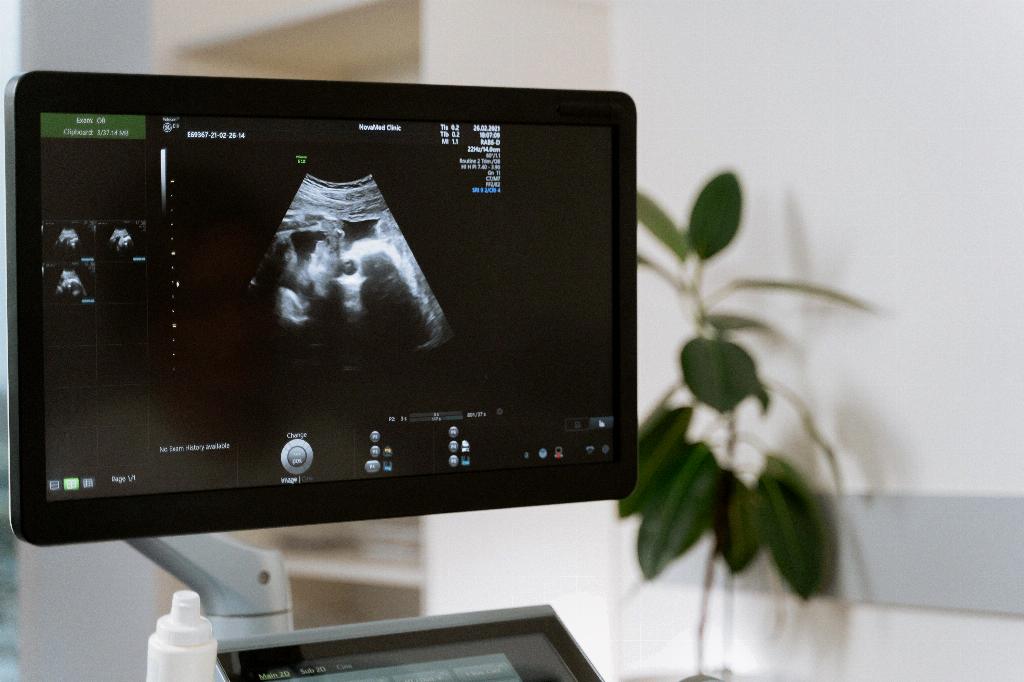High blood pressure during pregnancy can be a concerning issue that affects both the mother and the developing baby. It is crucial to understand the underlying causes and risk factors associated with this condition to ensure the well-being of both individuals.
Preeclampsia and Its Connection to High Blood Pressure
Preeclampsia is a serious condition that can develop during pregnancy and is characterized by high blood pressure and signs of damage to other organ systems, most often the liver and kidneys. One of the key factors contributing to high blood pressure in pregnancy is the development of preeclampsia.
Impact of Blood Vessel Development on Blood Pressure
During pregnancy, the development and proper functioning of blood vessels play a critical role in supplying nutrients and oxygen to the placenta. In cases of preeclampsia, these blood vessels do not form or function correctly, leading to circulation problems in the placenta. This irregular blood flow can result in the mother experiencing high blood pressure.
Role of Hormones in Blood Pressure Regulation
Hormones play a significant role in regulating blood pressure during pregnancy. The imbalance of hormones, particularly those involved in controlling blood vessel function and fluid balance, can contribute to the development of high blood pressure in pregnant women.
Consequences of Untreated High Blood Pressure in Pregnancy
Untreated high blood pressure during pregnancy can have serious consequences for both the mother and the baby. Complications such as preterm birth, low birth weight, and damage to the mother’s organs can occur if high blood pressure is not managed effectively.
Risk Factors for Developing High Blood Pressure in Pregnancy
Several risk factors increase the likelihood of developing high blood pressure during pregnancy. These include being overweight or obese, having a history of high blood pressure, being pregnant with multiples, and being over the age of 35. It is essential for pregnant women with these risk factors to be monitored closely for signs of high blood pressure.
Importance of Regular Prenatal Care in Monitoring Blood Pressure
Regular prenatal care is crucial in monitoring and managing high blood pressure during pregnancy. Healthcare providers can track blood pressure levels, detect any abnormalities early on, and implement appropriate interventions to ensure the health of both the mother and baby.
Lifestyle Changes to Help Manage High Blood Pressure
Implementing lifestyle changes can help pregnant women manage high blood pressure effectively. These changes may include following a healthy diet, engaging in regular physical activity, managing stress levels, and avoiding harmful substances such as tobacco and alcohol.
Medications for Controlling High Blood Pressure During Pregnancy
In some cases, medication may be necessary to control high blood pressure during pregnancy. Healthcare providers may prescribe safe and effective medications to help manage blood pressure levels and reduce the risk of complications associated with hypertension.
Monitoring Blood Pressure Postpartum
It is essential for women who have experienced high blood pressure during pregnancy to continue monitoring their blood pressure postpartum. Elevated blood pressure levels can persist after childbirth and may require ongoing management to prevent long-term health issues.
Consultation with Healthcare Providers for Individualized Care
Consulting with healthcare providers is crucial for pregnant women experiencing high blood pressure. Providers can offer personalized care plans, monitor the mother and baby closely, and address any concerns or complications that may arise throughout the pregnancy.
Conclusion
In conclusion, high blood pressure during pregnancy can be a complex and concerning issue that requires careful monitoring and management. Understanding the causes, risk factors, and potential complications associated with hypertension in pregnancy is essential for promoting the health and well-being of both the mother and the developing baby.

